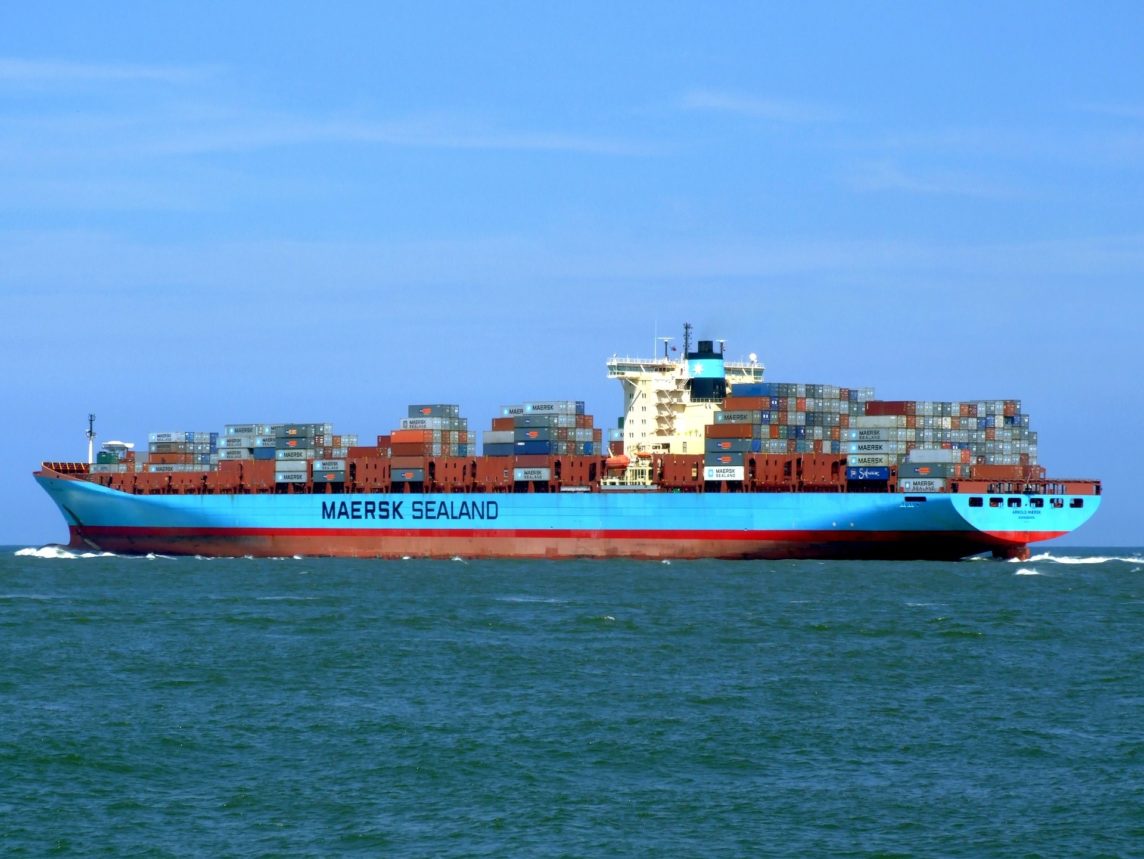On April 26, the CEO of Maersk Shipping, Sǿren Skou, delivered a stinging indictment of government shipping subsidies, which he criticized as anticompetitive, and which threaten to stifle the carrier industry’s burgeoning recovery. Speaking at a Singapore shipping conference, Skou accused the subsidies of encouraging companies to build ships which are “not needed, for companies who were not profitable and who do not have a profitable business model.” While Skou didn’t single out any specific governments or carriers, his remarks were clearly directed at South Korean carrier Hyundai Merchant Marine (HMM), China’s state-owned COSCO, and Taiwanese carrier Yang Ming, all of whom have significant government backing.
Skou asserted that “there is no longer anything strategic about governments investing in shipping,” and in one sense, the data bears this out. 2017 marked a return to profitability for most of the world’s largest carriers, on the strength of a resurgent global economy and a series of major mergers. However, the Wall Street Journal cautions that capacity still outstrips demand by 20 percent on the Asia-Europe route, forcing carriers to accept less than half of their “break even” rates. Globally, Alphaliner predicts capacity growing by 6 percent this year, while demand is only projected to increase by 5.1 percent. Throwing a wrench into all projections is the threat of a US-China trade war, which could dampen demand, and has the potential to spiral out of control in ways that no one can predict.
The issue of overcapacity hit Maersk particularly hard in 2017, and coupled with a crippling cyberattack, caused its profits to fall $500 million short of projections, so it’s no wonder the carrier’s leadership is concerned by news such as HMM’s announcement that it will build 20 container ships in the next two years. Yet Skou’s criticisms are unlikely to change government behavior. In fact, they highlight a disconnect at the heart of many recent economic debates: namely, that governments (and the world’s largest corporations, which are practically nations unto themselves) can profit from capitalism while flouting the rules of the free market.
This philosophy is evident in many of China’s decisions, which are predicated, not on short-term profits, but massive geopolitical ambitions. In this, COSCO functions as a tool in China’s Belt and Road initiative, the government’s global strategy to develop new trading routes and shipping infrastructure throughout the world. While COSCO’s carrier arm supports China’s shipbuilding industry (the largest in the world), its terminal operator arm, COSCO Shipping Ports, is embarking on an aggressive spree of construction and acquisition throughout Asia, the Middle East, and Europe. Calling this behavior “anticompetitive” is accurate but misses the crucial point that it is anticompetitive by design. COSCO can afford to weather years of overcapacity and non-compensatory rates in a way that no carrier without government subsidies can.
Of course, China is not the only country that subsidizes ocean shipping. Japan offers significant tax breaks to Japanese-owned vessels, and other nations have given carriers bailouts and other forms of financial help. Even the US effectively subsidizes its domestic shipbuilding industry through the Jones Act, which stipulates that all ships travelling between US territories be owned, built, and crewed by Americans. This policy has contributed to a US shipbuilding climate that is backwards, exorbitantly expensive for island territories that depend on shipping from the mainland, and came under fierce criticism in the aftermath of Hurricane Maria’s destruction in Puerto Rico. While the impulse for any country to protects its domestic shipbuilding interests is understandable, artificially propping up carriers de-incentivizes innovation and will ultimately lead to more bankruptcies and mergers at a time when the field of international carriers has already shrunk dramatically.



